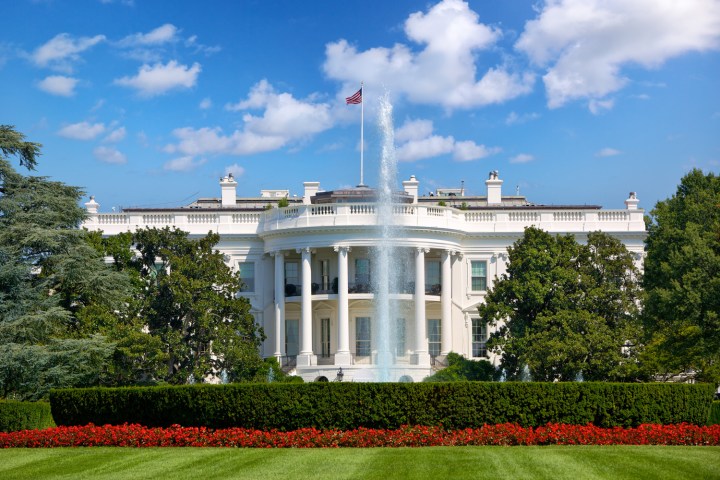The White House’s battle against imported goods rages on. Reuters has just reported that the Trump administration is looking into imposing heavy tariffs on as much as $60 billion worth of Chinese goods. While the new tariffs would largely target technology, according to Reuters, they won’t be limited to technology and telecommunications equipment.
The White House apparently rejected a proposal for tariffs on $30 billion of Chinese goods in favor of the stronger tariffs, and according to Politico, the request for the higher amount sent key agencies “scrambling” to finalize their proposal. Politico reports that in addition to tech, the tariffs will also target furniture and toys. They will be officially announced in the coming weeks, and are expected to include more than 100 Chinese products.
In particular, the tariffs will be aimed at tech products that are subject to intellectual property theft — an issue that has long plagued the relationship between the U.S. and China.
According to Reuters, China currently runs a $375 billion trade surplus with the U.S. — a figure that the current U.S. administration has pressed the Chinese government to try to reduce. The tariffs could also prove to have some serious consequences for U.S. exporters. For example, many U.S. farmers rely on the Chinese market for the sale of things like soybeans, pork, and so on.
The White House has also been exploring a way to limit Chinese investments, though the plans for those limitations have yet to be finalized. In particular, the U.S. objects to Chinese investment rules in which companies based in the U.S. have to transfer technology to do business in China.
The current administration has long promised to institute an “America First” trade policy. In the past few days, President Donald Trump blocked Broadcom, a Singapore-based company, from continuing to pursue a takeover of the U.S.-based Qualcomm, citing national security concerns as the main reason to block the deal. The deal would have been the biggest involving technology ever.
The new tariffs also come only a few weeks after the White House imposed tariffs on steel and aluminum, a move that has angered allies of the U.S.




